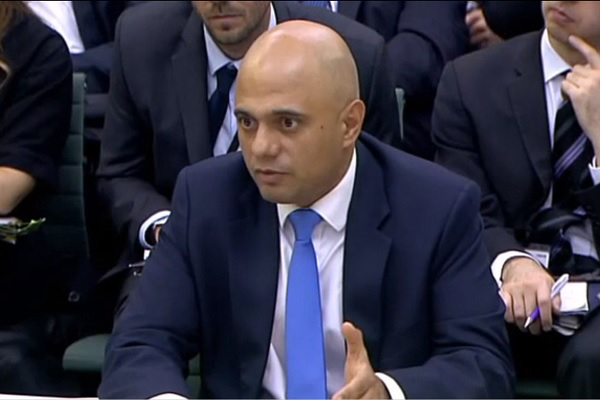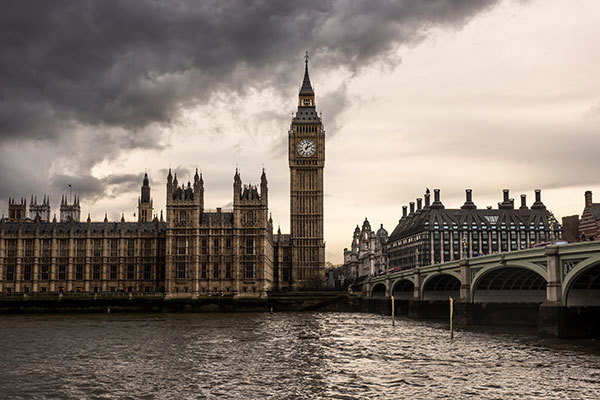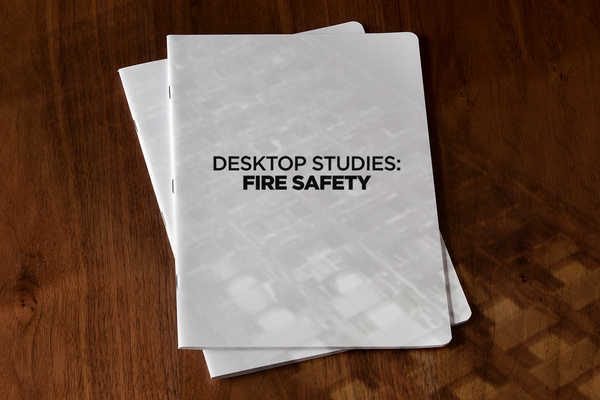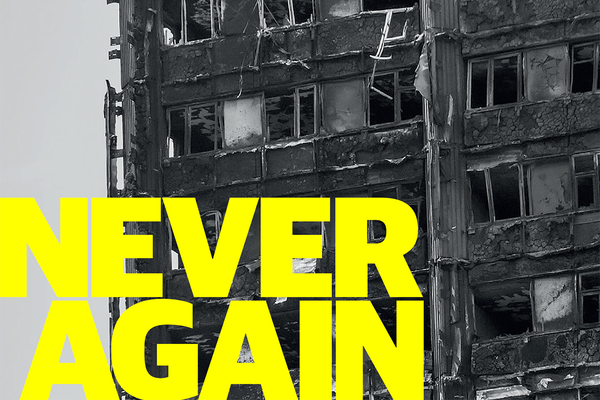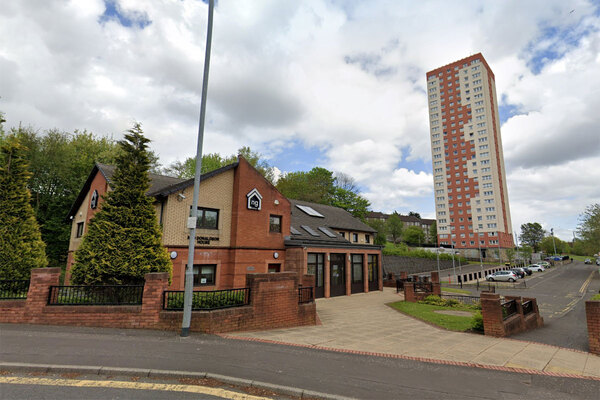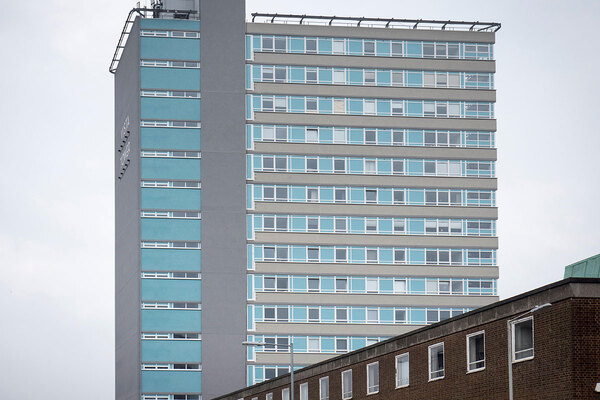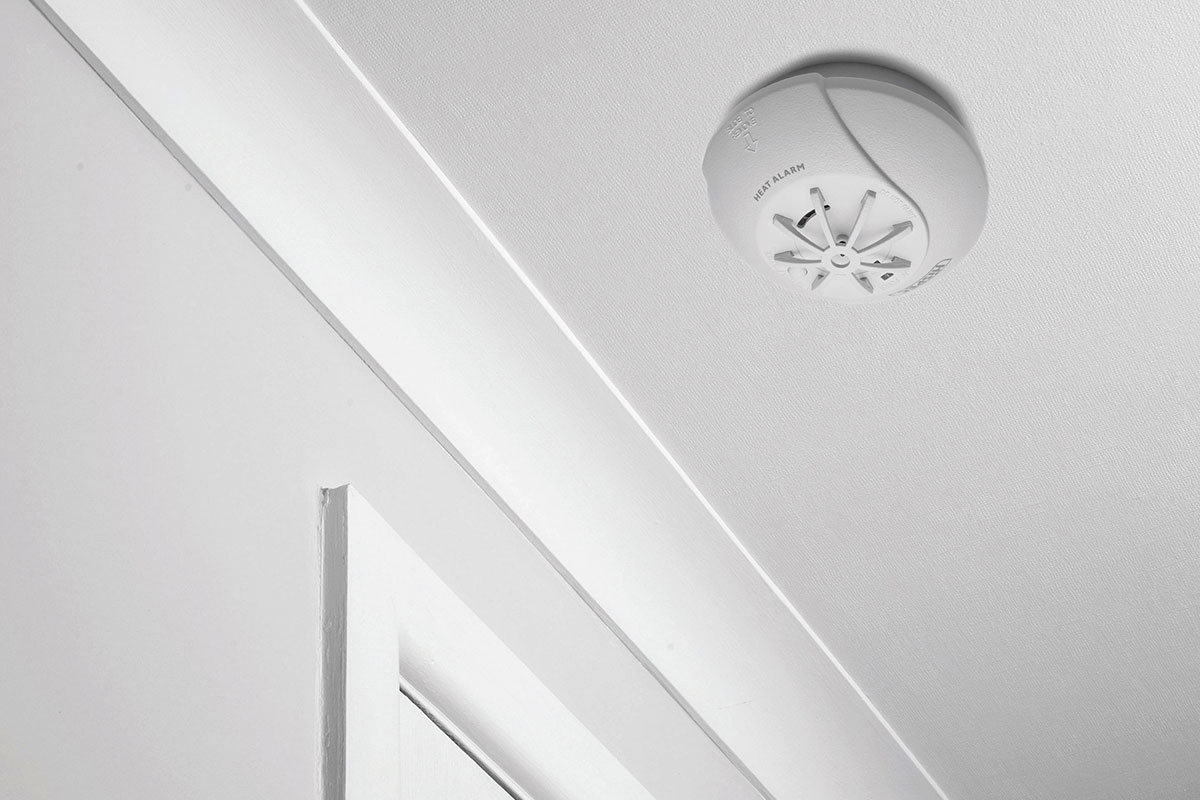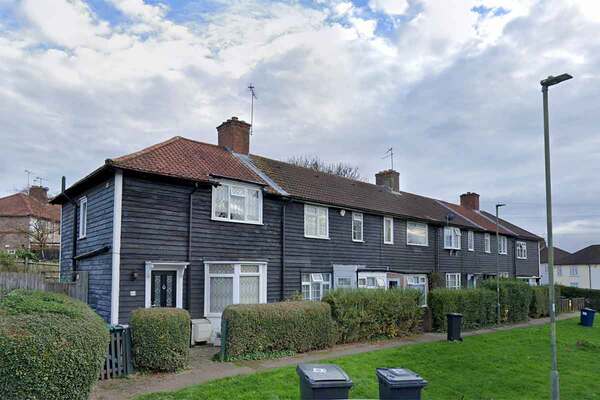You are viewing 1 of your 1 free articles
Javid denies desktop studies are being introduced to guidance for first time
The housing secretary has said it is “categorically not the case” that changes to the government’s fire safety guidance will allow the use of desktop studies for combustible cladding systems for the first time.
Nearly 50 MPs from all the main political parties recently wrote to Sajid Javid to warn against a “dangerous weakening” of building regulations through introducing specific advice on how desktop studies should be used to determine if certain materials are safe to use on a building.
Approved Document B, the government’s official guide to building regulations, requires that insulation and cladding materials either meet basic standards or pass a large-scale fire test to be used on high rises.
In a reply to the letter, seen by Inside Housing, Mr Javid said the use of desktop studies has been a “long-established part of the system for classifying the fire performance of construction products and systems, and not just in the UK”.
There is no specific reference to ‘desktop studies’ in Approved Document B, but the government claims paragraph 1(b) in Appendix A is drafted loosely enough to allow their use.
This section reads: “Much of the guidance in this document is given in terms of performance in relation to British or European standards. In such cases the material, product or structure should... have been assessed from test evidence against appropriate standards, or by using relevant design guides, as meeting that performance”.
People carrying out desktop studies will look at previous full-scale fire safety test results of certain materials to make a decision on whether the material is safe.
The use of desktop studies was codified by Building Control Alliance guidance in 2014 as a “third option” for showing compliance with Approved Document B.
But experts, including the Royal Institute of British Architects, have warned against their use, with the National Fire Chiefs Council stating that trying to determine the fire resistance of a building material through a desktop study “may lead to errors or a reduction in safety margins”.
Some experts have also told Inside Housing they do not believe the guidance, as currently drafted, would permit desktop studies as a route to using combustible materials on high rises in lieu of testing.
Rudi Klein, chief executive of the Specialist Engineering Contractors’ Group, said: “I think it [would be] a weakening of guidance.”
He added: “My view on desktop studies is they sound all very well because they’re obviously trying to minimise cost and reduce bureaucracy but on the other hand, unless they do things like spot checks to check what information is given within these desktop studies, then I’m very circumspect about them.”
Mr Javid said the government backs Dame Judith Hackitt’s recommendation to “significantly restrict” the use of desktop studies, and his department will be publishing a public consultation “shortly”.
Insulation manufacturer Kingspan has been lobbying the Hackitt Review to make a provision for the continued use of desktop studies. According to leaked notes, seen by Inside Housing, the company has pursued a ‘strategy’ of supporting the use of desktop studies since at least September.
What are desktop studies, and why are people concerned?
Building regulations say cladding systems which contain combustible insulation must be shown to meet specific standards based on “full scale test data”
A ‘desktop study’ is a means of making an assumption about whether or not a cladding system would meet these standards without actually testing it.
It involves using data from previous tests of the materials in different combinations to make assumptions about how it would perform in a test.
This is not specifically provided for in the current guide to building regulations, but the government believes they are loosely drafted to an extent which makes it permissible. It plans to redraft the guidance to include specific rules on the use of desktop studies for the first time.
The alternatives to a desktop study are full scale testing or not using combustible materials.
People are concerned about the process because it is based on assumption: at least one system cleared through a desktop study has failed a full scale test.
This is important for fire safety because mistakes may mean unsafe cladding systems being cleared for use on tall buildings.
The Paper Trail: The Failure of Building Regulations
Read our in-depth investigation into how building regulations have changed over time and how this may have contributed to the Grenfell Tower fire:
Never Again campaign
Inside Housing has launched a campaign to improve fire safety following the Grenfell Tower fire
Never Again: campaign asks
Inside Housing is calling for immediate action to implement the learning from the Lakanal House fire, and a commitment to act – without delay – on learning from the Grenfell Tower tragedy as it becomes available.
LANDLORDS
- Take immediate action to check cladding and external panels on tower blocks and take prompt, appropriate action to remedy any problems
- Update risk assessments using an appropriate, qualified expert.
- Commit to renewing assessments annually and after major repair or cladding work is carried out
- Review and update evacuation policies and ‘stay put’ advice in light of risk assessments, and communicate clearly to residents
GOVERNMENT
- Provide urgent advice on the installation and upkeep of external insulation
- Update and clarify building regulations immediately – with a commitment to update if additional learning emerges at a later date from the Grenfell inquiry
- Fund the retrofitting of sprinkler systems in all tower blocks across the UK (except where there are specific structural reasons not to do so)
We will submit evidence from our research to the Grenfell public inquiry.
The inquiry should look at why opportunities to implement learning that could have prevented the fire were missed, in order to ensure similar opportunities are acted on in the future.
